Interpreting in Hospitals: Patient Outcomes, Budgets Concerns, and Technological Developments
High-quality interpreters are required in hospitals and their need in today’s healthcare setting, is now more than ever. The level of diversity in society nowadays creates an urgency for these services. The purpose behind getting these services is to project an image that all citizens have an equal right to getting the proper care.
Too often, all patients with limited English proficiency or listening disability. Too often, there are instances when the patients don’t speak English or the native language. This communication gap is a major barrier that prevents patients from getting the right amount of care or be unaware of it, at least.
Worst case scenario, the hospital staff hires a non-professional interpreter or get a family member to interpret the message for them. Discordance in the language can increase the chances of poor patient care and longer stay than expected. As a result, significant financial ramifications can take place.
Why do hospitals need to hire language interpreters?
No hospital desires financial ramifications. For the sake of minimizing it, hospitals hire interpreters that are not only skilled but are also qualified enough to handle the job efficiently. This can serve as a risk management tactic i.e. hiring language interpreters can significantly make the job for the medical professionals easier.
Several studies have indicated that language discordance can potentially lead to increased patient cost. Not only this, but it can also increase the health benefits for the patients. Reports suggest that people who don’t speak the local language are less likely to be given follow-ups from their doctors and more likely to have questions for them.
Not being able to communicate effectively with their doctor is one of the primary reasons why patients suffer poor healthcare outcomes. In monetary terms, a study found that patients who were non-English speakers increased their stay in hospitals by an average of 0.5 days. Eventually, the longer the patient stayed, the more expenses were required for them.
From this analysis, it can be seen that not have a professional language interpreter in the office was a major logistical concern that demands immediate attention. In hospitals and other healthcare facilities, sometimes there is no interpreter available on-site.
The solution to this hiring a remote video interpreter. There are no time constraints in VRI and are perfect for healthcare facilities. The need for an interpreter can come at any time as the patients are coming in 24/7.
According to a recent NPR article, it was reported that the error rate for medical treatments was significantly less for medical centers that had a professional medical interpreter in place.
The United States has some of the best healthcare facilities in the world. It serves as a hub for many people around the world looking to get the best healthcare services. In such a demanding situation, it is important to have available both on-site and VR interpreters for the patient.
Contact Us
If you are looking for the best professional interpretation services, we at Frederick Interpreting Agency are here to serve you the best interpretation services in the best possible way.

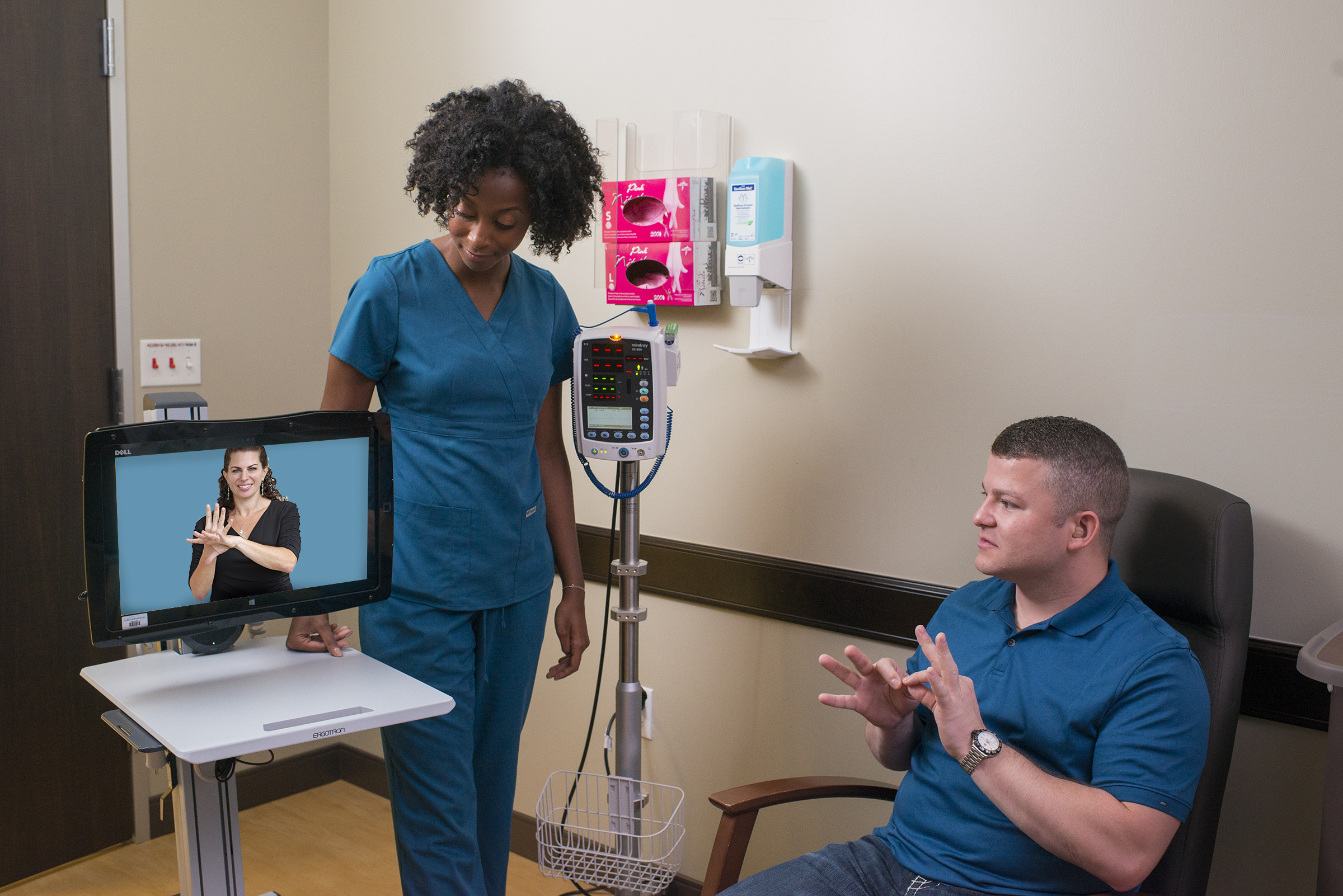

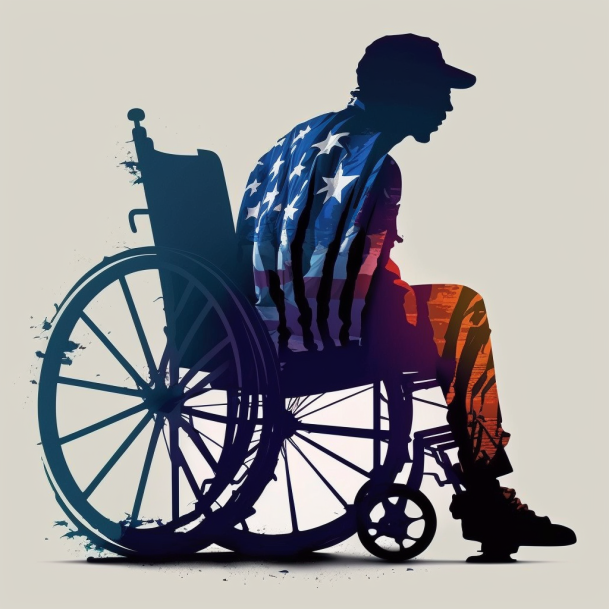
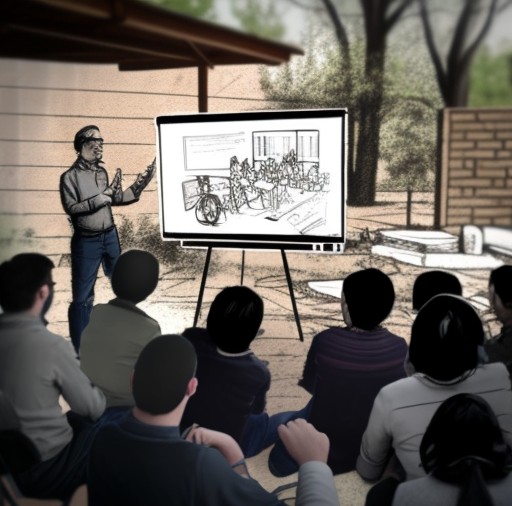
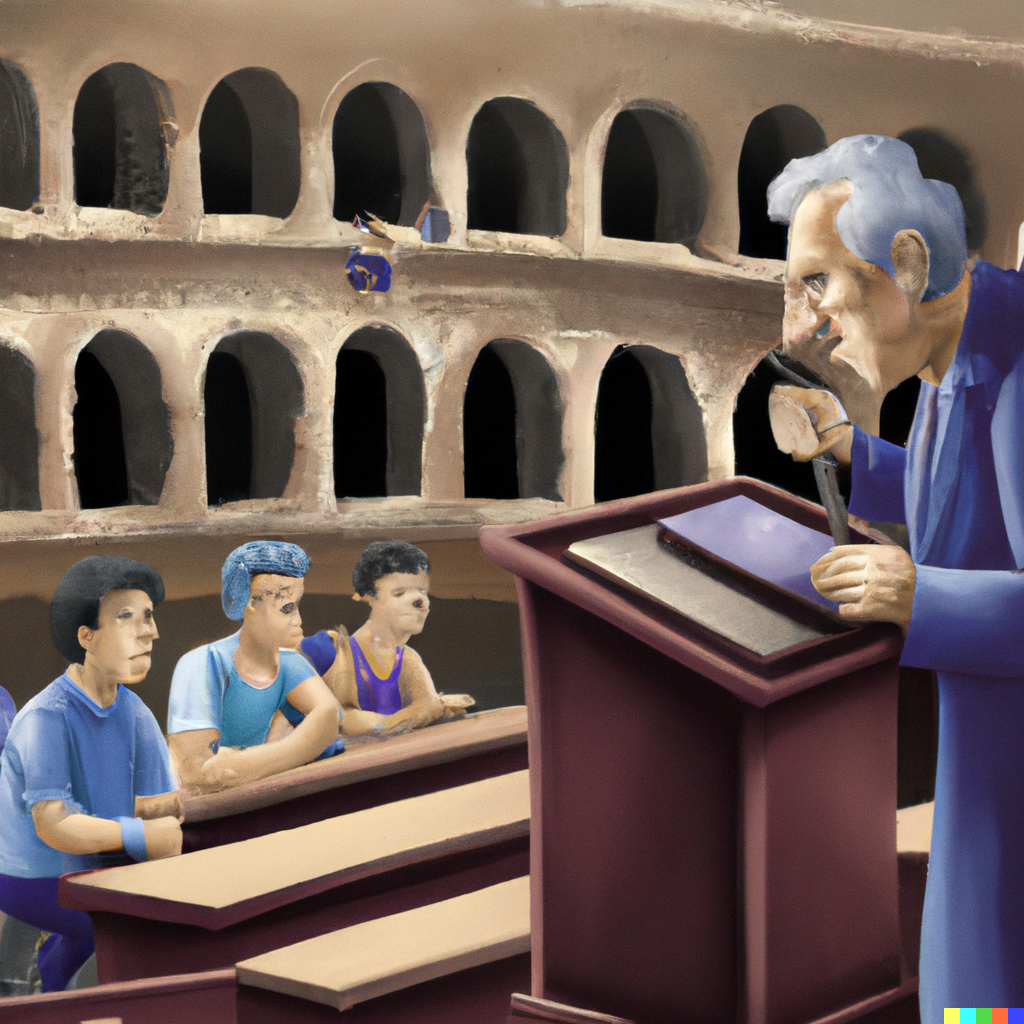





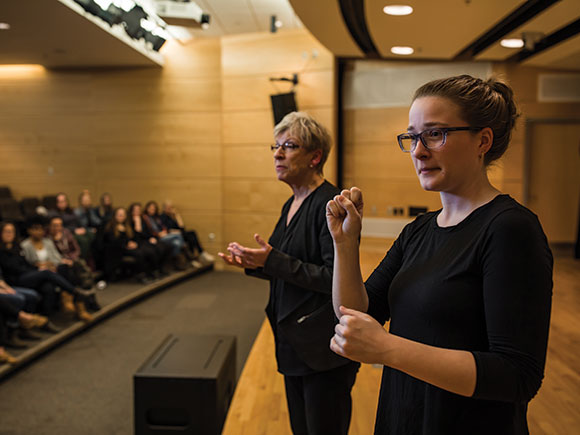
0 Comments